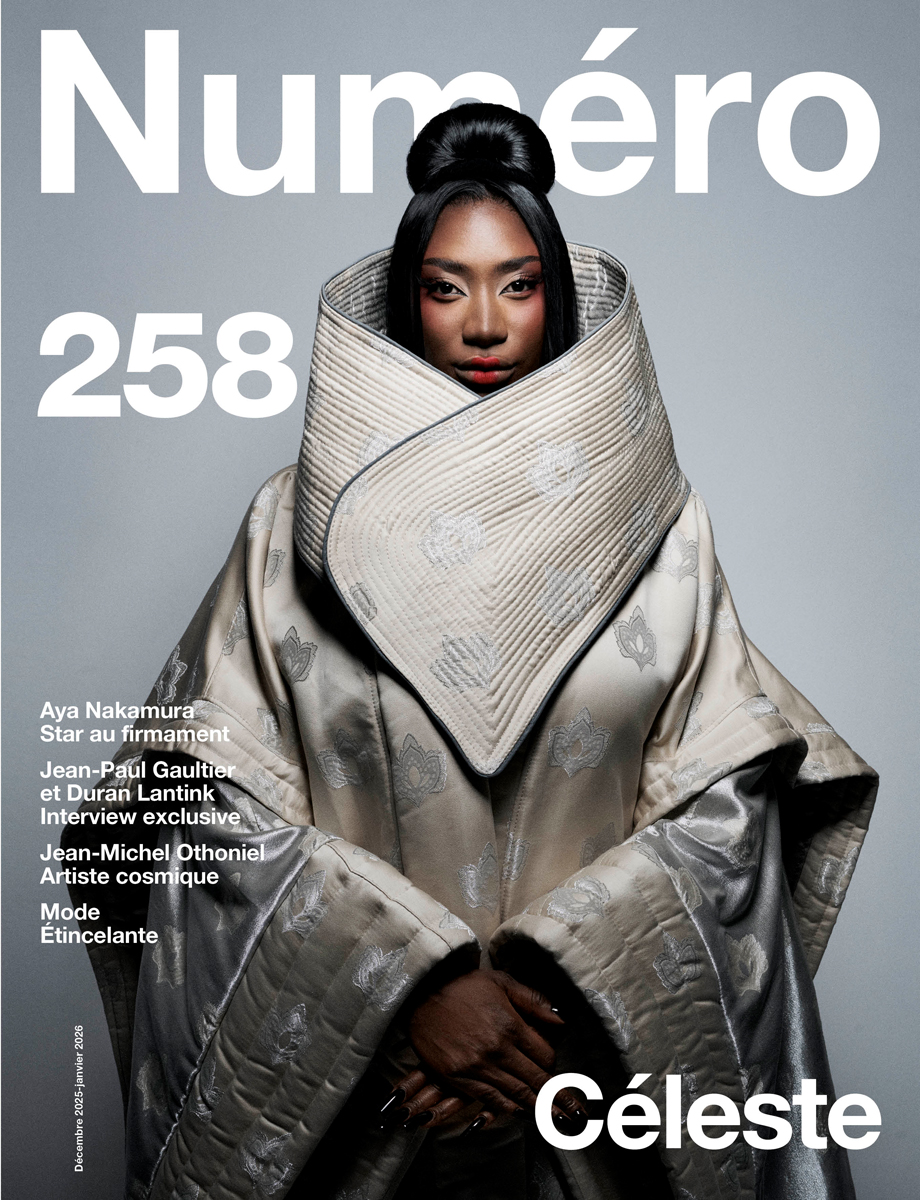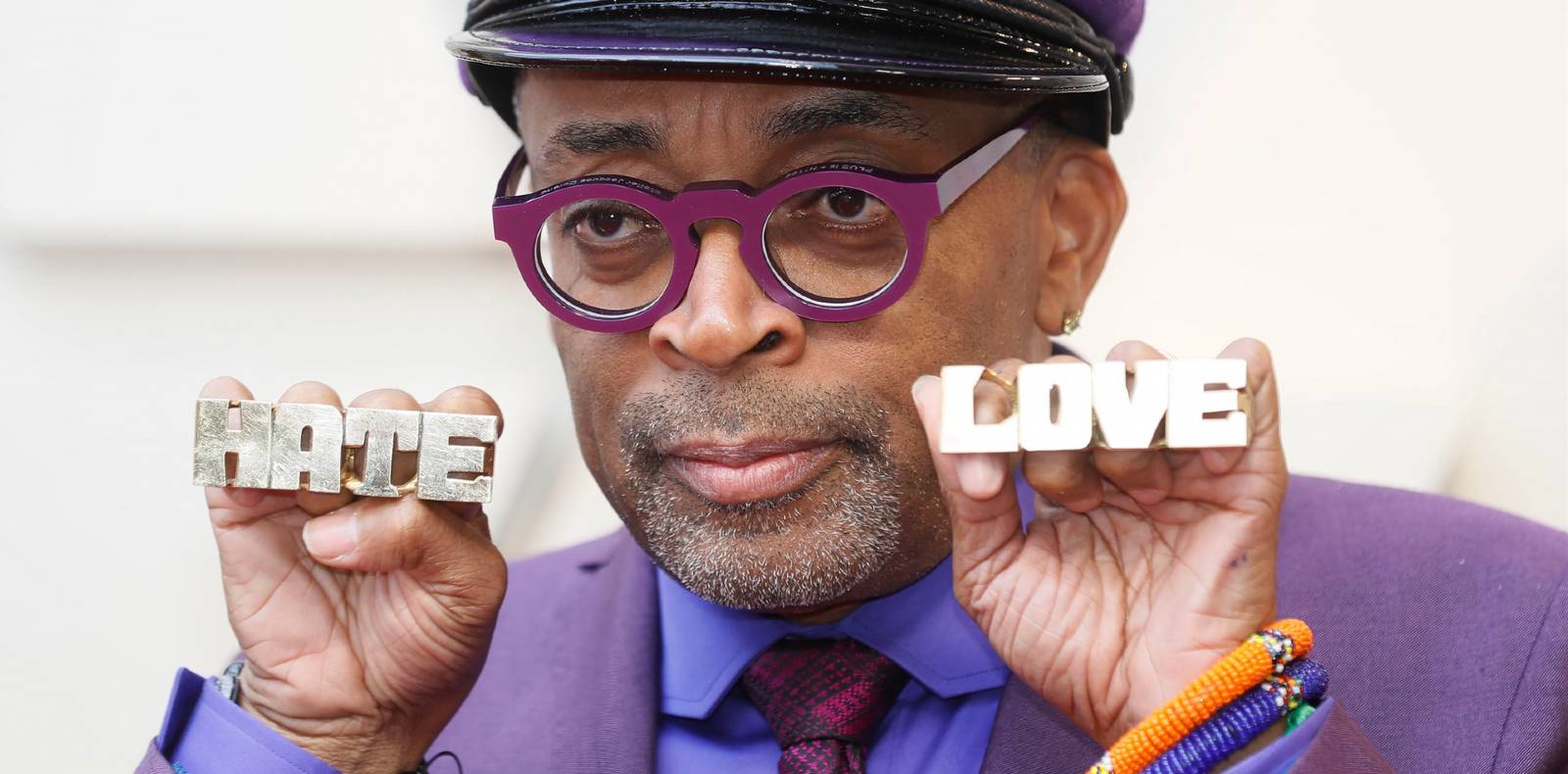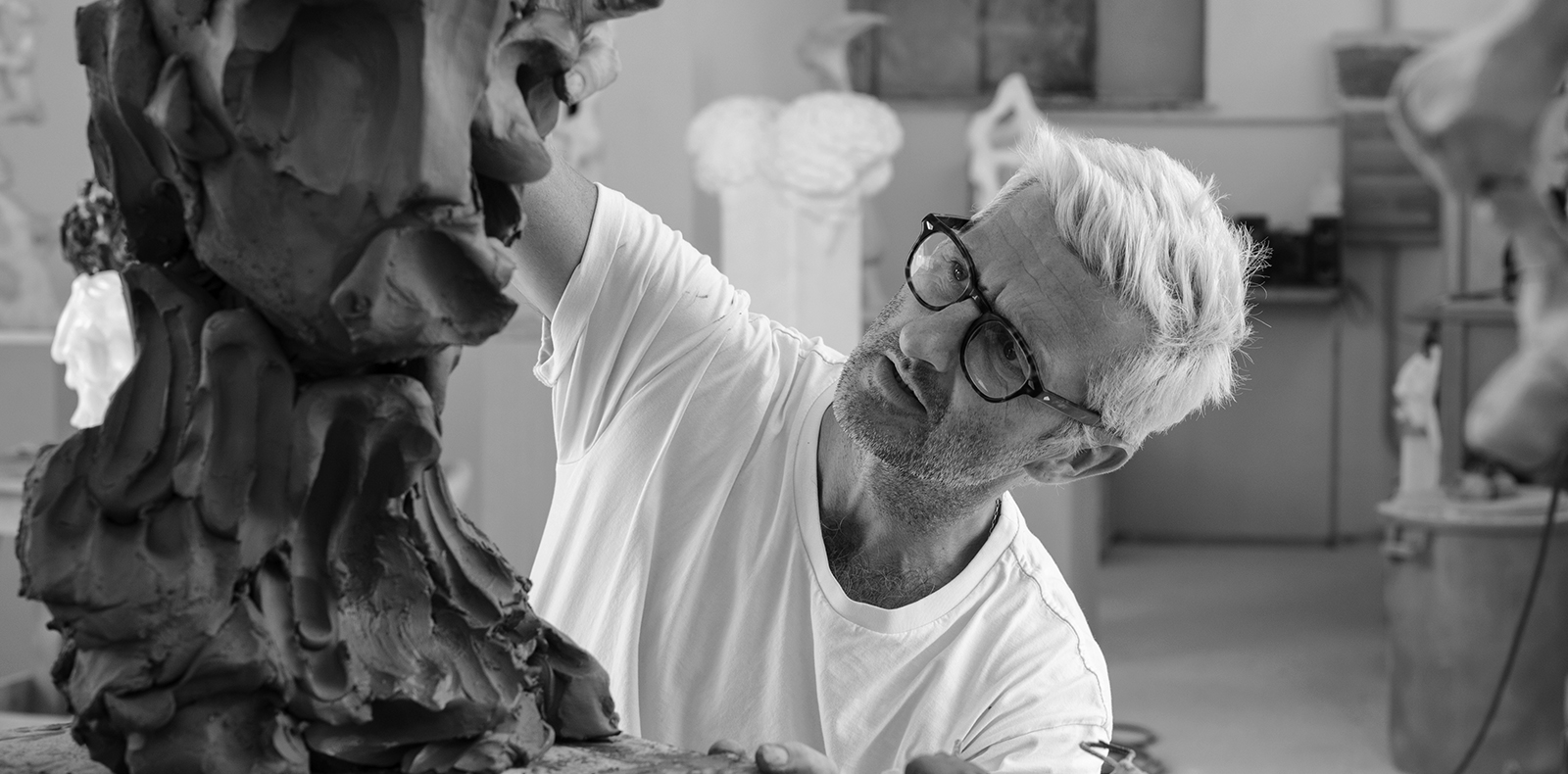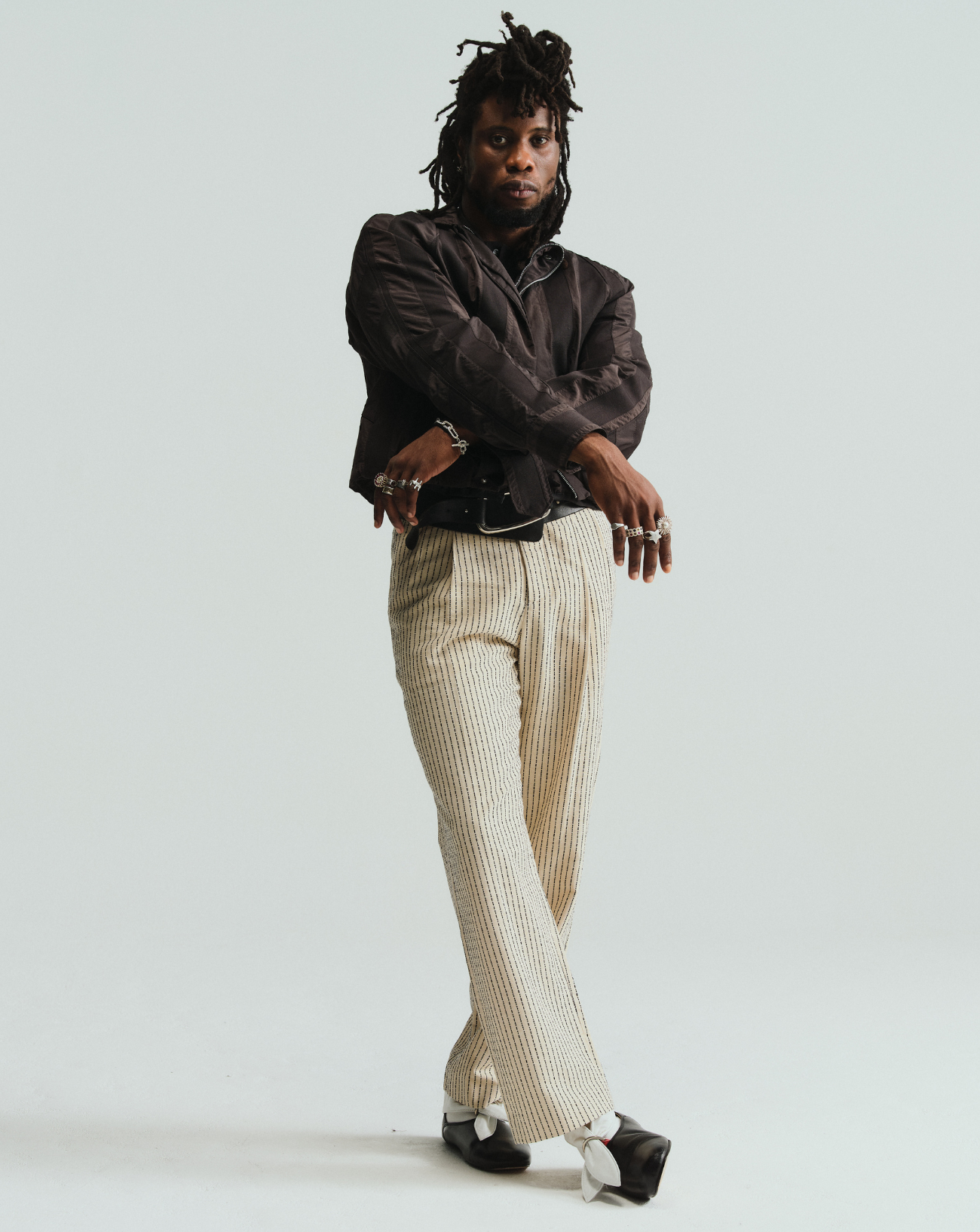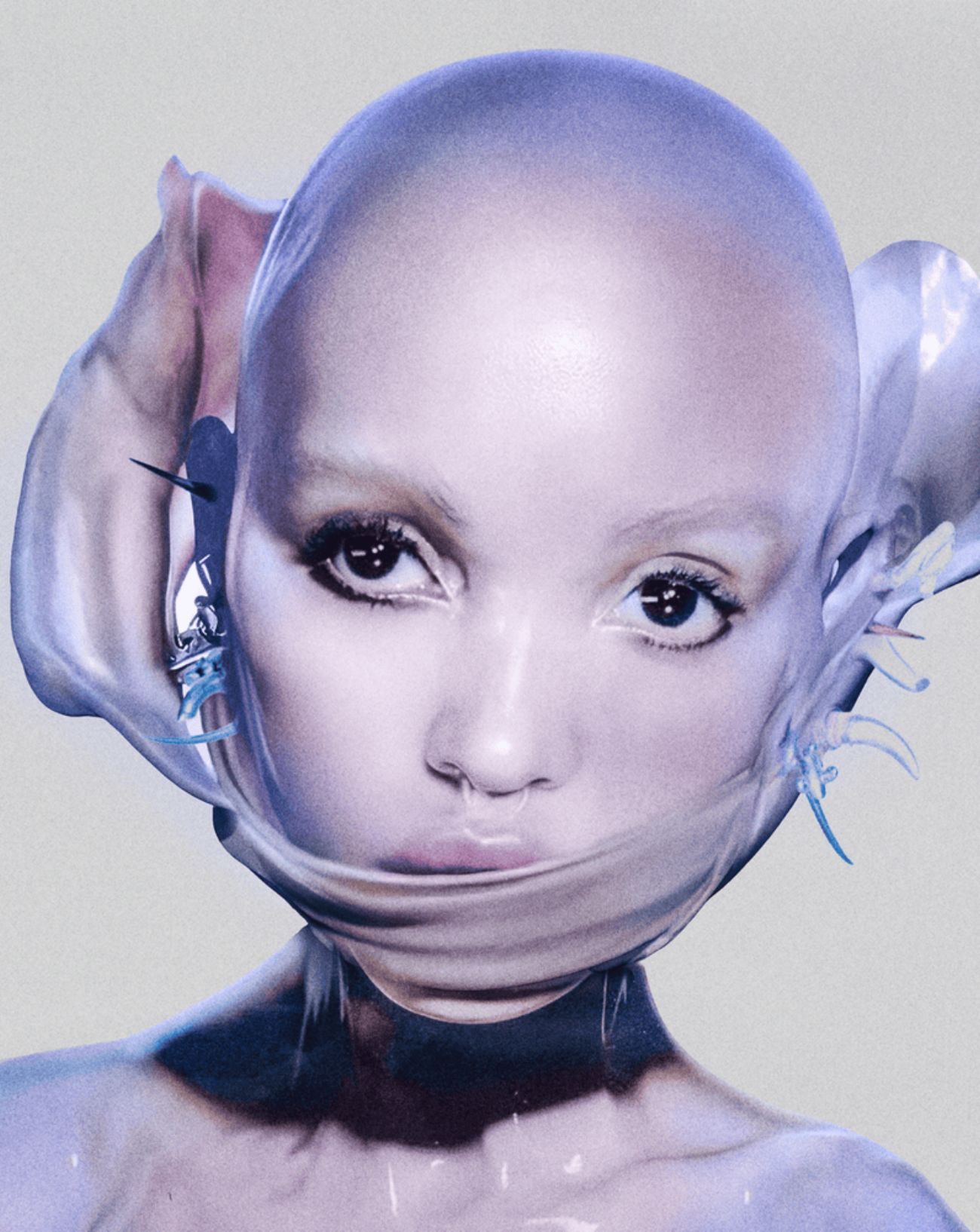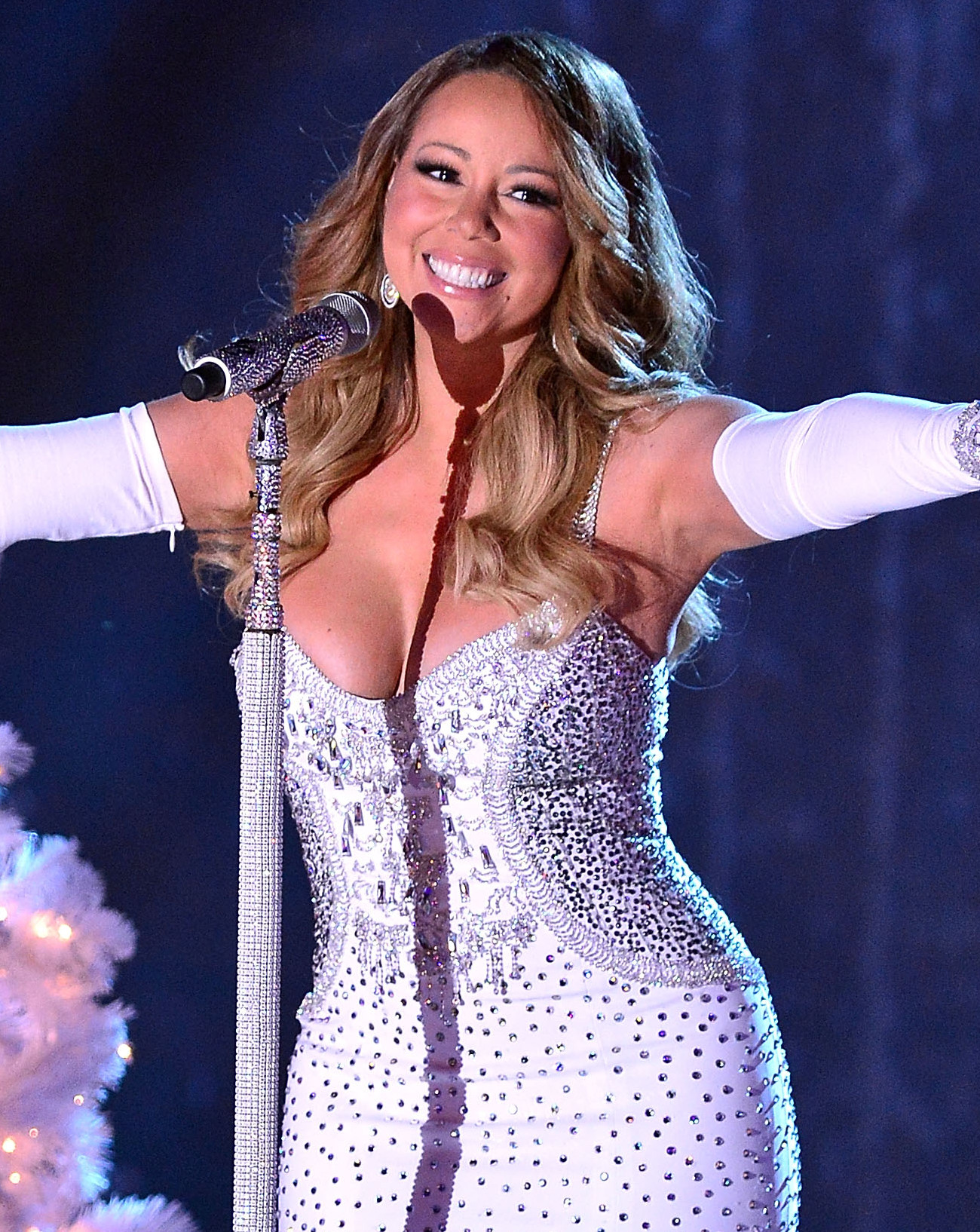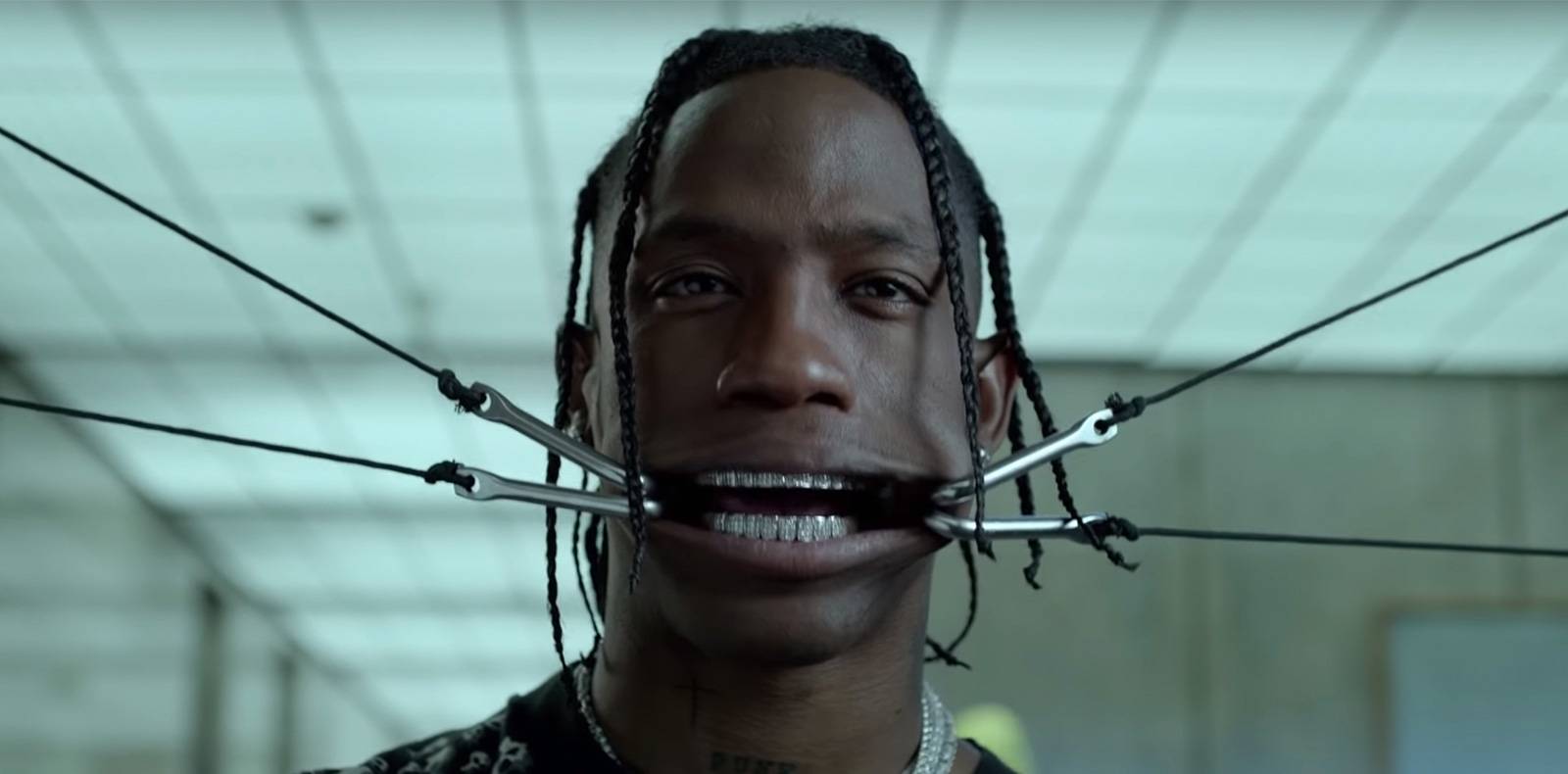
15

15
Who dares take Travis Scott to court?
Le rappeur et producteur américain découvert par Kanye West est accusé d’avoir utilisé un riff de guitare déjà existant pour son tube “Highest in the room”. Les plaignants ? Un trio de producteurs méconnus qui se cachent derrière certains morceaux de Dababy, Don Toliver ou encore Lil Baby.
Par La rédaction,
by La rédaction.
Un mois après la sortie du documentaire Look Mom I Can Fly sur sa vie, Travis Scott livrait son titre Highest in the room, devenu depuis un tube planétaire. À seulement 28 ans, tous les yeux sont rivés sur celui qui sait galvaniser les foules comme personne. À tel point qu’en à peine trois ans, le rappeur texan le plus adulé du moment s’est déjà retrouvée au cœur de deux affaires judiciaires particulièrement onéreuses. En 2018, il est condamné à verser une lourde amende pour avoir annulé sa performance au Super Bowl quelques heures avant l’événement et, un an auparavant, il était poursuivi en justice par un fan, tombé du balcon lors d’un concert au Terminal 5 de New York. Mais si aujourd’hui le nom du musicien est à nouveau mêlé à la justice, ce n’est non pas pour une performance ajournée ou trop violente, mais pour une (simple) affaire de plagiat.
Alors que le sample est une pratique courante dans le milieu du rap et dans la musique en général, difficile de déterminer où se trouve la limite entre inspiration et pillage. D’autant plus que le morceau dont se serait inspiré Travis Scott n’est jamais paru. En effet, trois producteurs accusent le rappeur et son équipe d’avoir repris un riff de guitare qu’ils auraient envoyé sur une conversation publique entre producteurs (dont fait partie Jamie Lepr, un collaborateur proche du musicien) dans la promesse d’une collaboration future. Leurs noms ? Olivier Bassil, Benjamin Lasnier et Lukas Benjamin Leth. Trois noms qui n’évoquent pas grand-chose, mais qui pourraient bien venir bousculer le succès fulgurant du rappeur, pourtant réputé pour son professionnalisme.
Si les artistes sont loin d’être aussi connus que DJ Khaled ou Kanye West, leur plainte conjointe aura eu pour effet de placer leurs noms sur le devant de la scène. Tous producteurs, ils ont créé des morceaux pour Don Toliver, Dababy ou Trippie Red, mais ne sont pas encore parvenu à imposer leur patte dans le milieu du rap. Alors simple lubie d’artistes en mal de reconnaissance ou véritable plagiat ? Pour l’instant, l’équipe de Travis Scott ne s’est pas encore prononcée sur l’accusation. Si l’histoire jette une ombre sur le succès de ce dernier, elle n’en ajoute pas moins de piquant à celui qui, en seulement 10 ans, est déjà devenu une légende. Car que serait un artiste sans quelque scandale bien placé ?
Highest in the Room – Travis Scott (2019).
A month after the broadcast of the documentary Look Mom I Can Fly about his life, Travis Scott released his track Highest in the room, which became a global hit. At the tender age of 28, all eyes are on the man who knows how to galvanise an audience like no one else. So much so, that in just three years the beloved Texan rapper has found himself embroiled in two particularly expensive court cases. In 2018, he was given a heavy fine for cancelling his Super Bowl performance just hours before the event took place, and a year earlier he was sued by a fan, who fell off the balcony during a concert at Terminal 5 in New York. Today the musician’s name is once again caught up with the law and this time it’s not for a cancelled or overly violent performance, but a (simple) case of plagiarism.
While sampling is common practice in the world of rap and in music in general, it’s difficult to determine where the line is drawn between inspiration and ripping off someone else’s work. Especially because the piece Travis Scott was apparently inspired by was never actually released. The three producers are accusing the rapper and his team of stealing a guitar riff that they’d shared among themselves in a public conversation between producers (including Jamie Lepr, a collaborator who is close to the musician) with the promise of a future collaboration. Their names? Olivier Bassil, Benjamin Lasnier and Lukas Benjamin Leth. Three names which might not mean much to us now, but which could well scupper the dazzling success of the rapper, renowned for his professionalism.
While far from being as famous as DJ Khaled and Kanye West, their complaint could push their names into the limelight. As producers they’ve created tracks for the likes of Don Toliver, Dababy and Trippie Red, but have yet to impose themselves on the rap world. So, is this a case of artists in search of recognition or genuine plagiarism? Travis Scott’s team has yet to react to the accusation. If the story casts a shadow over the rapper, it will only add extra spice to the man who in just ten years has become a legend. Because after all what would an artist be without good old scandal in action?
Highest in the Room – Travis Scott (2019).
